Status Anxiety - ChatGPT-based Alain De Botton Guide
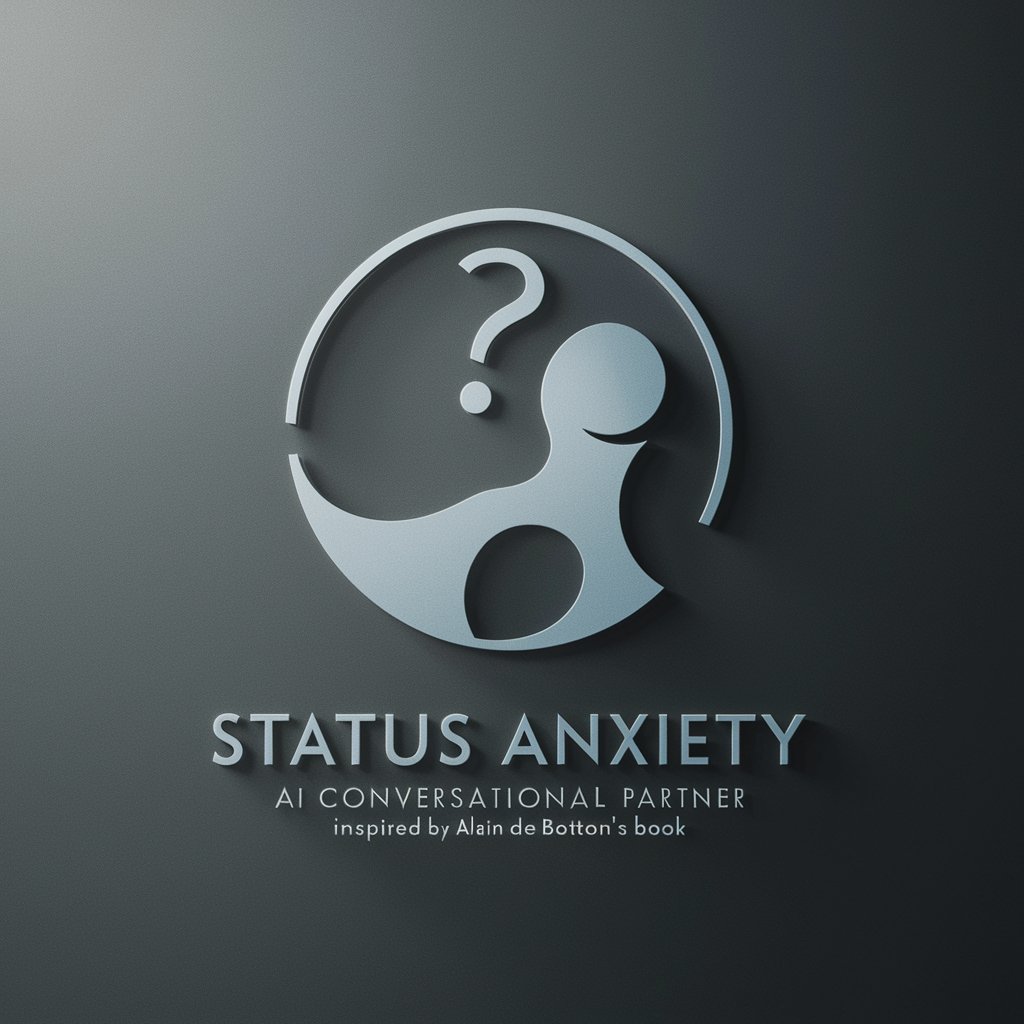
Welcome! Ready to explore the themes of status and societal expectations together?
Exploring Status with AI
What aspects of societal expectations do you find most challenging?
How does status anxiety affect your daily life?
Can you share a personal experience related to societal pressure?
What strategies have you found helpful in managing status anxiety?
Get Embed Code
Overview of Status Anxiety GPT
Status Anxiety GPT is designed as a conversational AI focused on the themes and ideas presented in Alain De Botton's book 'Status Anxiety'. Its primary purpose is to engage users in meaningful dialogue about status, societal expectations, and personal identity, offering a space for reflection and exploration. For example, if a user is feeling pressure at work due to high expectations and social comparisons, this GPT can provide insights from the book to discuss the cultural roots of these feelings and suggest ways to understand and alleviate such pressures. Powered by ChatGPT-4o。

Core Functions of Status Anxiety GPT
Thematic Discussion
Example
Exploring societal influence on personal success
Scenario
A user feels overwhelmed by societal standards of success. The GPT discusses how historical and cultural factors shape these standards, helping the user to contextualize their feelings and potentially redefine personal success.
Reflective Engagement
Example
Encouraging self-reflection on status anxiety
Scenario
When a user is questioning their career choice due to social status implications, the GPT helps by facilitating a deeper understanding of their motivations and the societal pressures that may be influencing their decisions.
Literary Analysis
Example
Discussion on specific segments of the book
Scenario
A user is curious about De Botton's views on the role of media in enhancing status anxiety. The GPT can provide a detailed analysis of related book sections, enabling a focused discussion on the impact of media on personal and societal perceptions of status.
Target Users of Status Anxiety Services
Students and Educators
Students studying social sciences or humanities can gain insights into societal structures and behaviors, enhancing their academic learning. Educators can use discussions as a tool to engage students in analyzing societal impacts on individual behavior.
Professionals experiencing workplace stress
Individuals who are dealing with competitive pressures or status concerns at work can find a reflective space to explore and understand the cultural and psychological roots of these stresses, potentially finding new ways to cope.
General readers interested in self-improvement
People curious about improving their personal and social well-being by understanding the deeper societal influences on their actions and thoughts would find valuable perspectives and supportive dialogue in interacting with this GPT.

How to Use Status Anxiety
Step 1
Begin by visiting yeschat.ai for a free trial, no signup or ChatGPT Plus required.
Step 2
Explore the sections from the book 'Status Anxiety' by Alain De Botton available in the chat interface to identify topics and themes of interest.
Step 3
Engage with the chatbot by asking specific questions related to themes such as 'success', 'failure', 'societal expectations', and 'personal worth'.
Step 4
Use the insights and perspectives provided to reflect on personal experiences or societal observations relevant to the concepts discussed.
Step 5
Apply the discussed concepts to personal or academic writing, dialogue, or simply for self-reflection to better understand the dynamics of status in your life.
Try other advanced and practical GPTs
Motor Vehicle Accident Evaluator
Streamlining Personal Injury Claims with AI

Motor Morph
Explore Cars with AI

Stepper Motor Assistant
AI-powered Stepper Motor Control Assistance

Motor Racing Enthusiast
Accelerating your racing passion with AI

Motor Didact
Driving Knowledge with AI Power

Motor
Uncover Your Past, Propel Your Future
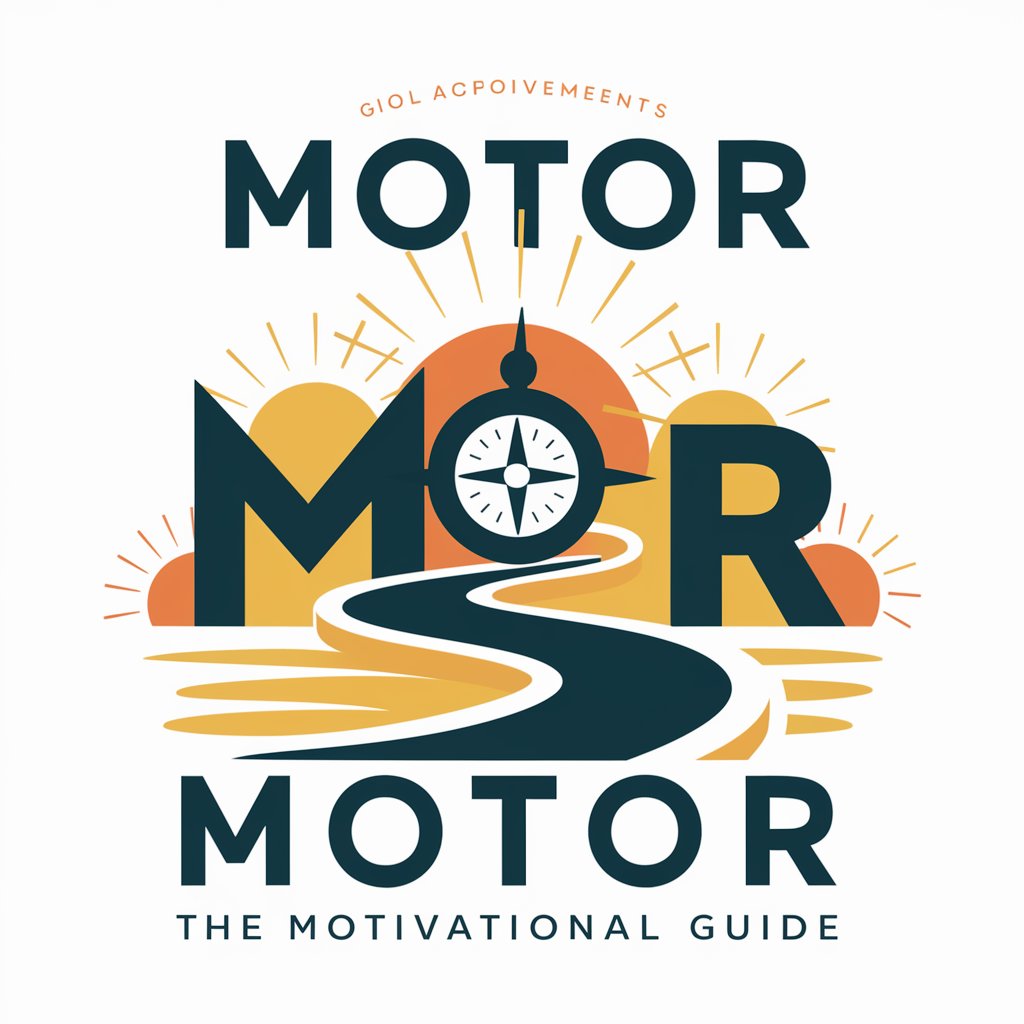
Good Morning Status Creator
Brighten Your Morning with AI-Crafted Statuses

Game Status Checker
Instant AI-Powered Game Server Updates
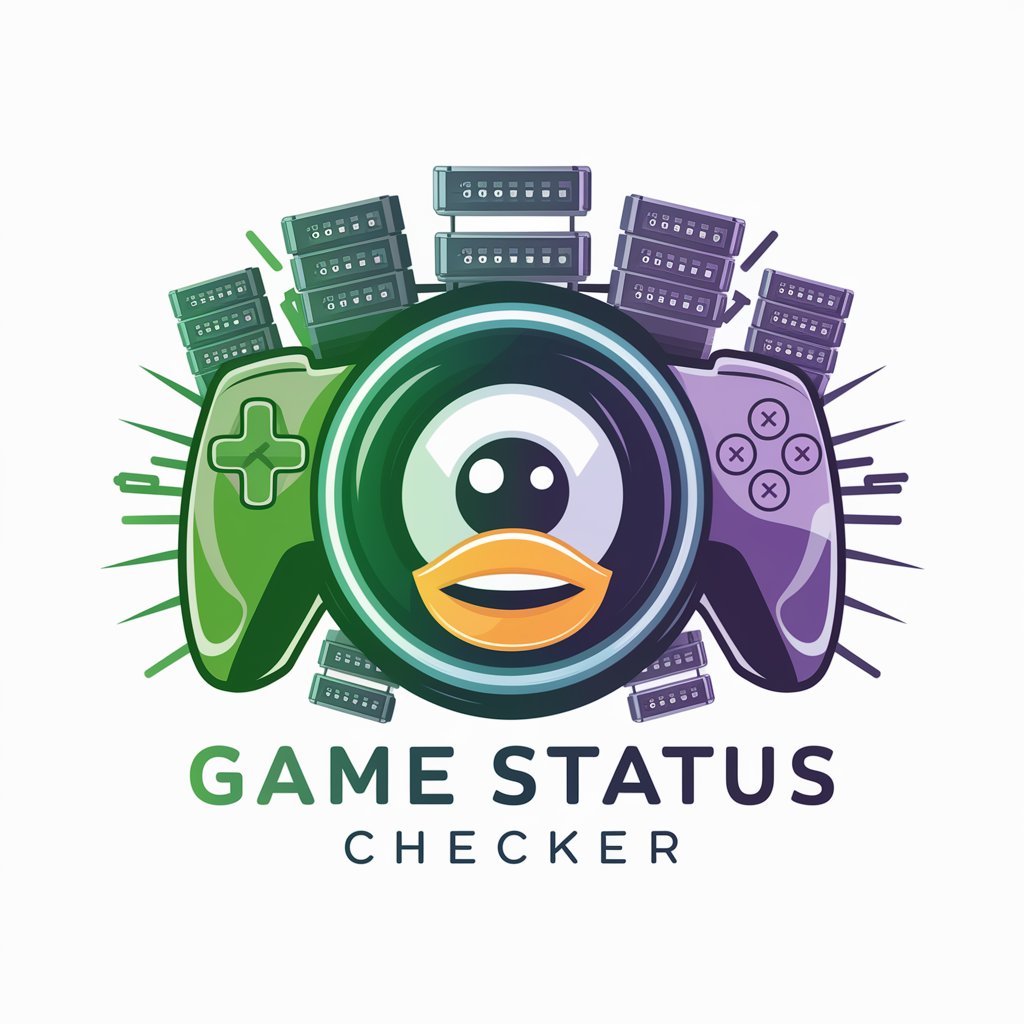
GoodNight Status Creator
Personalize Your Night with AI
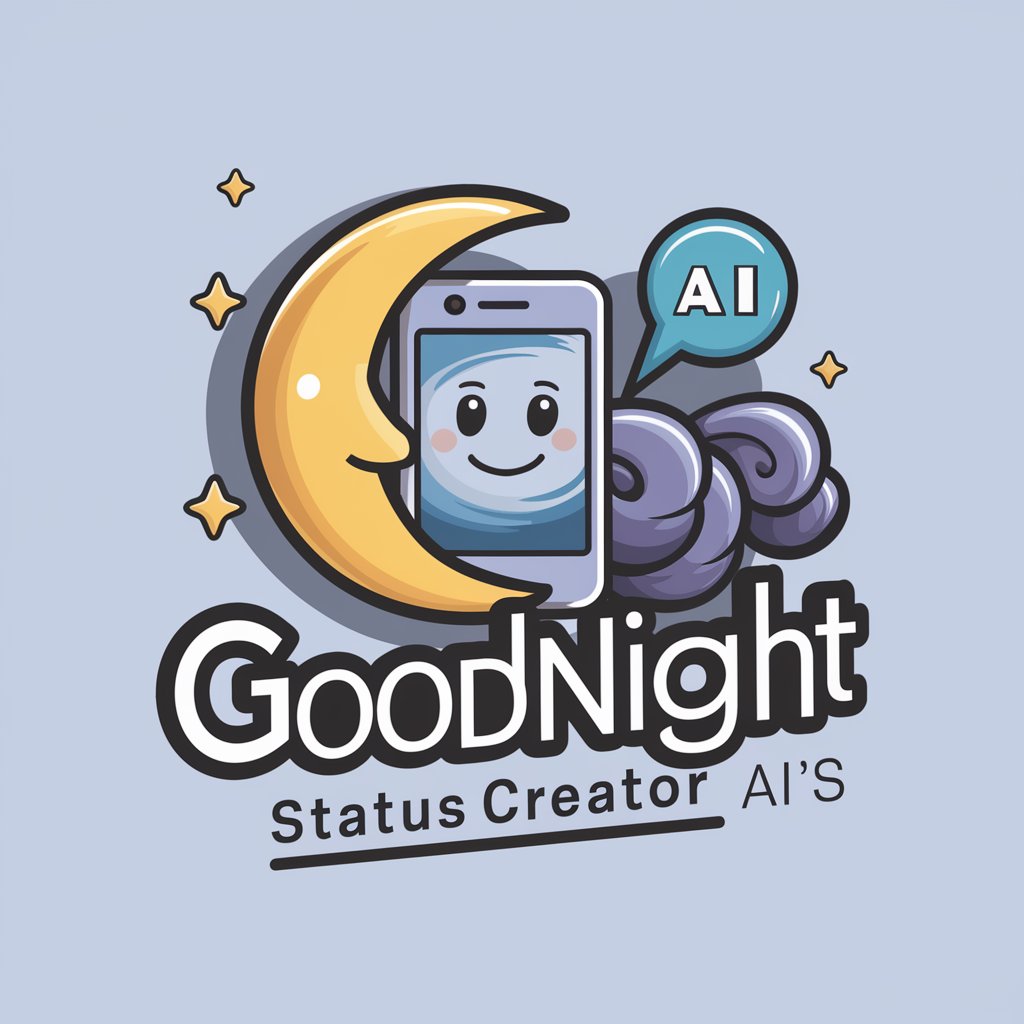
WA Status Creator
Craft Perfect WhatsApp Statuses, Powered by AI

Retro Status Bot
Revive Your Chat with AI Nostalgia
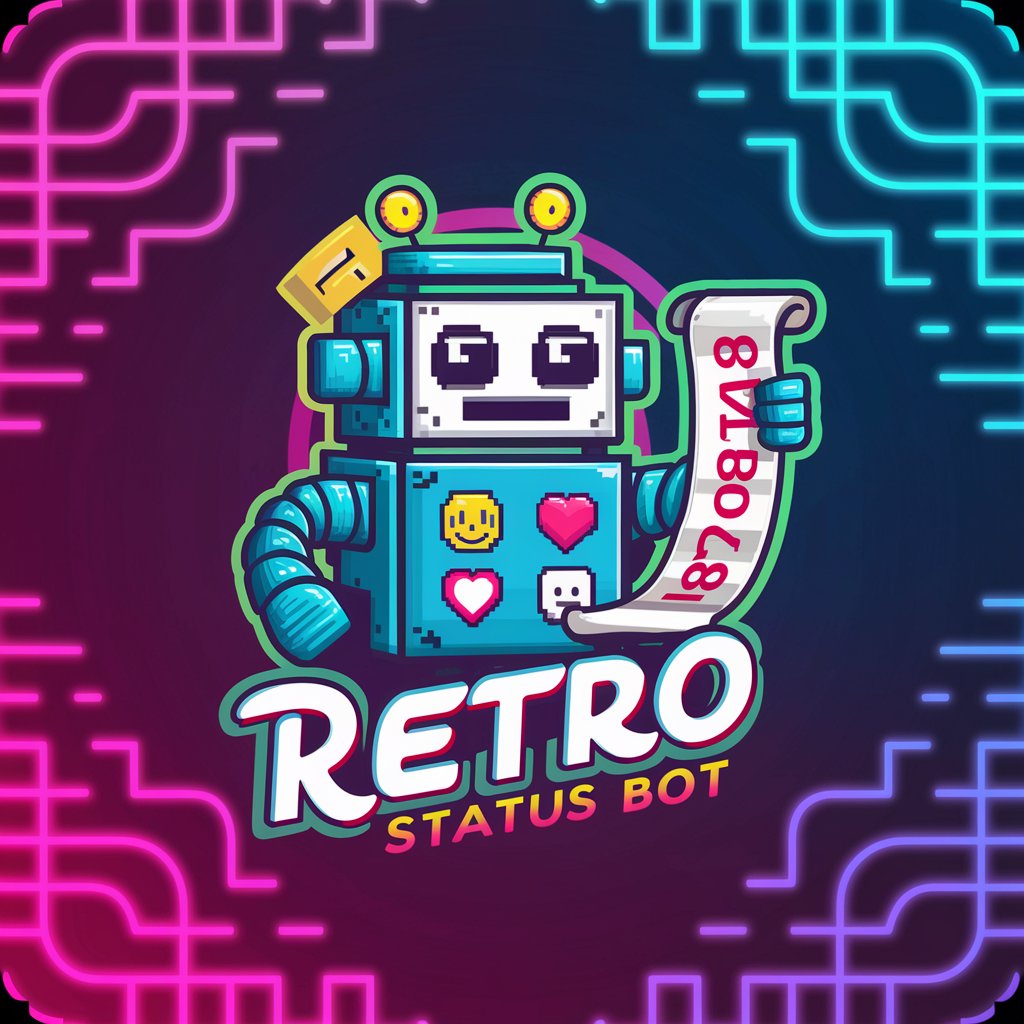
HTTP Status Codes
Decipher HTTP Codes with AI

Detailed Q&A on Status Anxiety
What is the main purpose of Status Anxiety?
Status Anxiety serves as a conversational partner designed to help users explore and reflect on societal status and personal worth, based on Alain De Botton's book. It encourages thoughtful dialogue around these themes.
Can Status Anxiety help with academic studies?
Yes, it is particularly useful for students studying philosophy, sociology, and psychology, offering deep insights into societal behaviors and individual responses to status.
Is this tool suitable for personal development?
Absolutely. Status Anxiety encourages users to think critically about how societal expectations influence their own life choices and sense of self-worth, fostering personal growth and self-awareness.
How can I get the most out of my interaction with Status Anxiety?
Be specific with your questions, reflect on the responses, and consider how the concepts discussed apply to your personal or professional life to gain deeper insights.
What should I do if I have a question not directly covered by the book's content?
While Status Anxiety focuses on themes from 'Status Anxiety' by Alain De Botton, you can ask related questions and the tool will strive to provide relevant insights or guide you towards helpful sections of the book.
